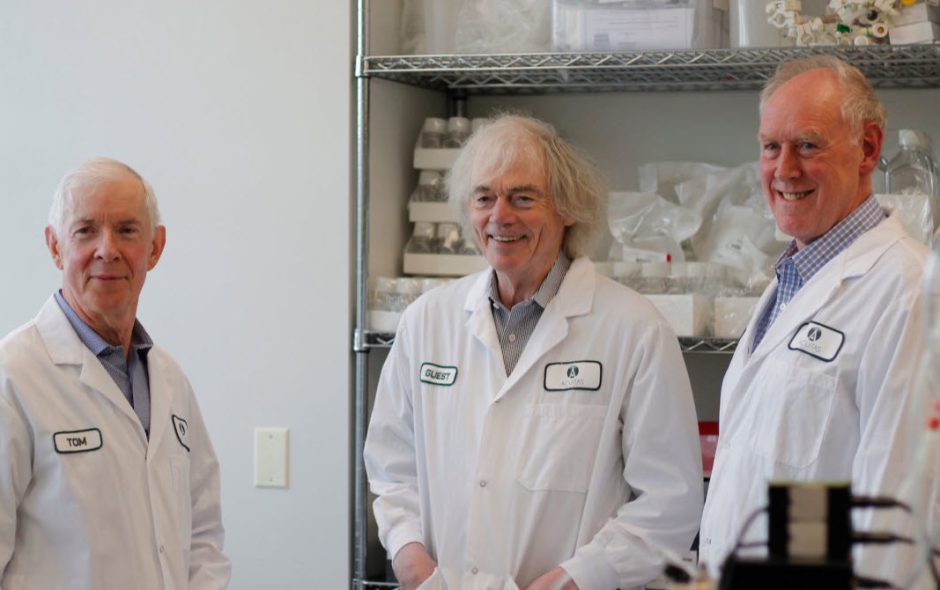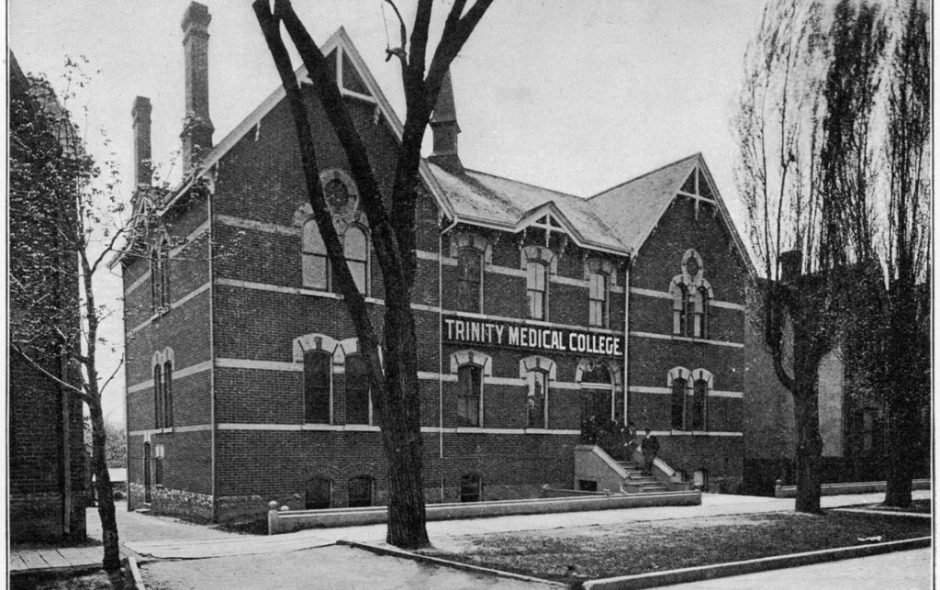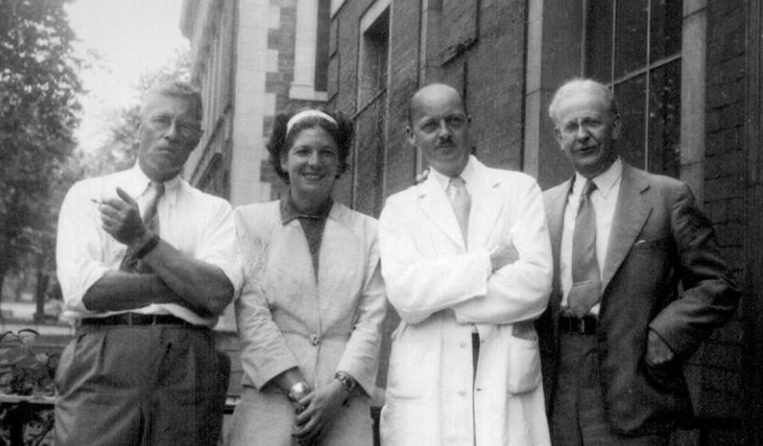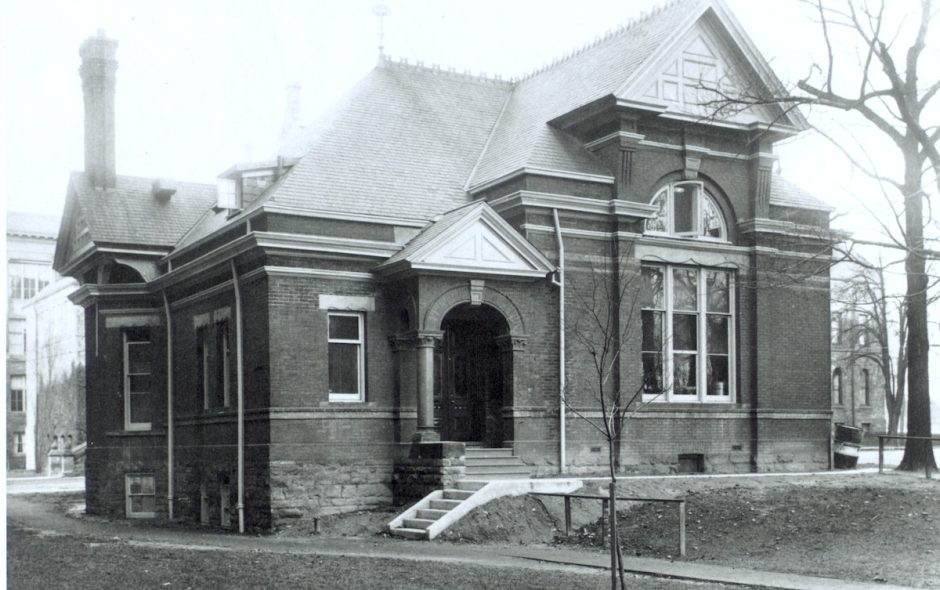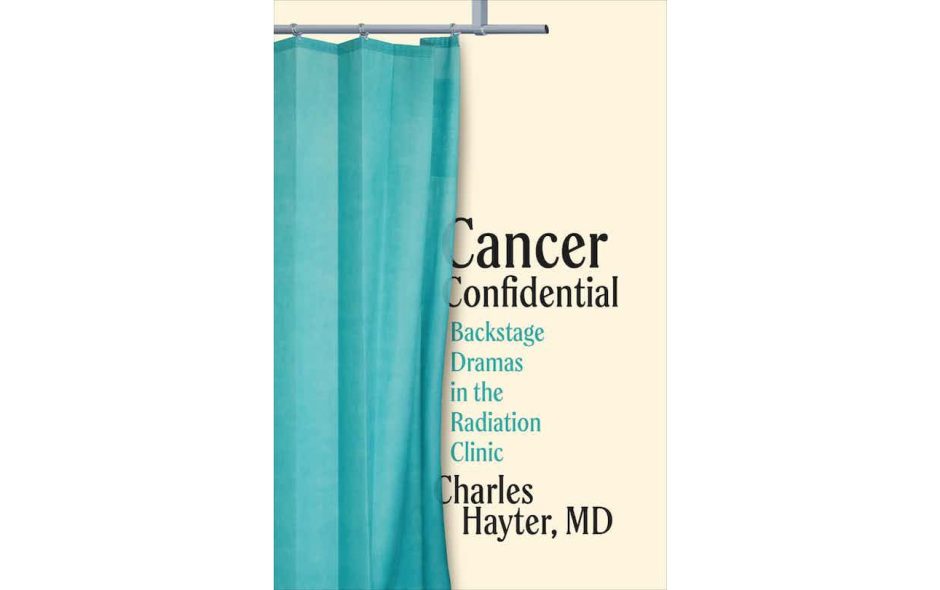Congratulations to Christopher Rutty on his new article in The Canadian Encyclopedia, “Canadian Lipid Nanoparticle Research: The Key to COVID-19 mRNA Vaccines.” Chris’ article describes the ground-breaking work of Pieter Cullis, Michael Hope, and Thomas Madden at the University of British Columbia in studying and developing lipid nanoparticles systems for drug delivery. In addition to many important applications such as delivering anti-cancer drugs to tumours, their research made possible the unprecedented speed with which COVID-19 mRNA vaccines were developed and delivered amid a global pandemic.
Dr. Caroline Sophia Brown
Dr. Caroline Sophia Brown (1862-1936) was known for her keen intellect and seemingly inexhaustible physical vigour. She practiced medicine in Toronto for over twenty-five years, including at Women’s College Hospital. Her advocacy of women’s rights and her concern for the welfare of children are evident in her many achievements in education, medicine, and public service. A entry on Brown, written by Alison Li, appears this week in the latest volume of the Dictionary of Canadian Biography.
Public Health Siblings: Donald and Frieda Fraser
Christopher Rutty is leading a collaborative effort of the Dalla Lana School of Public Health and the University of Toronto Archives to explore and promote the archival collections relating to public health. Chris demonstrates that much can be learned about history of public health through a study of the personal and professional fonds held in the U of T Archives.
The first of a series of articles that he is writing for this initiative is a profile of Donald and Frieda Fraser: “Public Health Siblings; Donald and Frieda Fraser: Profiles From the Public Health History Archives, University of Toronto”
“It Works! Now What?” by Christopher Rutty
Congratulations to Christopher Rutty whose new article ““It Works! Now What?” Insulin Development, Production, and Distribution at Connaught Laboratories, University of Toronto, 1922–24″ appears in the Canadian Journal of Health History.
Chris’ article focuses on Connaught’s intimate involvement in the history of insulin from January 1922 through the summer of 1924, tracing the challenges and innovations of developing larger-scale production methods, the establishment and expansion of Canadian insulin production capacity, and the key role the labs played in spearheading the global distribution of insulin.
Cancer Confidential by Charles Hayter
Warmest congratulations to our own Charles Hayter whose new book Cancer Confidential: Backstage Dramas in the Radiation Clinic is just out from University of Toronto Press. Cancer Confidential is a vivid, moving, and beautifully-written memoir that sheds light on the mysterious and often maligned specialty of radiation oncology. Weaving together the stories of his patients, colleagues, and his own father, Hayter deals with some of the most painful experiences in life with great courage, compassion, insight, and honesty.
Order your copy here today or through your favorite bookseller.
“All the [medical] world’s a stage! In elegant prose, with Felliniesque flights into whimsical metaphor, physician-historian-playwright Charles Hayter describes his encounters with cancer, as a doctor and as a son, and how the experience changed him as a person. Sensitive to the arrogance and obfuscation of his clinical colleagues, he advocates for the underappreciated power of radiation therapy in cancer care and for truth in all relationships.”
Jacalyn M. Duffin, Professor Emerita and Hannah Chair of the History of Medicine, Queen’s University
